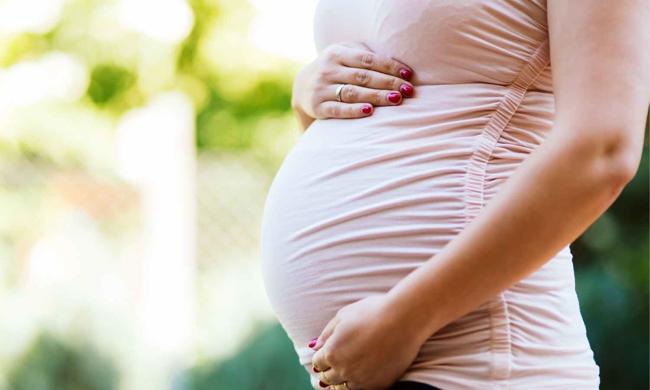Summary
Maternal hypocalcemia is a significant healthcare issue characterized by low serum calcium levels during pregnancy. This condition is largely influenced by the physiological demands of
Source: Medical Dialogues

AI News Q&A (Free Content)
Q1: What is maternal hypocalcemia and why is it a significant issue during pregnancy?
A1: Maternal hypocalcemia is a condition characterized by low levels of calcium in the blood during pregnancy. It is a significant issue because it can lead to complications such as hypertensive disorders, preeclampsia, and fetal growth disorders. The condition is often due to pregnancy physiology and inadequate dietary calcium intake, particularly in developing countries.
Q2: What are the main causes of hypocalcemia in pregnant women?
A2: The main causes of hypocalcemia in pregnant women include dietary inadequacy, particularly low calcium intake, and physiological changes during pregnancy. Conditions such as hypoparathyroidism can also contribute to low calcium levels. Pregnant women with poor dietary habits or those from low socio-economic backgrounds are more susceptible to this condition.
Q3: How can hypocalcemia during pregnancy be managed and prevented?
A3: Hypocalcemia during pregnancy can be managed and prevented through appropriate calcium and vitamin D supplementation. In severe cases, intravenous calcium may be administered under medical supervision. Maintaining a balanced diet that includes calcium-rich foods and regular monitoring of calcium levels can help in prevention.
Q4: What are the potential risks and complications associated with hypocalcemia during pregnancy?
A4: Potential risks and complications of hypocalcemia during pregnancy include increased chances of hypertensive disorders like preeclampsia, fetal growth disorders, and higher blood lead levels due to bone turnover. These conditions can have adverse effects on both the mother and the developing fetus.
Q5: What dietary recommendations are suggested for pregnant women to prevent hypocalcemia?
A5: Dietary recommendations for pregnant women to prevent hypocalcemia include consuming a balanced diet rich in calcium, such as dairy products, green leafy vegetables, and fortified cereals. The intake of vitamin D is also important as it aids in calcium absorption. Pregnant women are advised to ensure they meet the recommended daily intake of 1,000 mg of calcium.
Q6: What role does vitamin D play in managing hypocalcemia during pregnancy?
A6: Vitamin D plays a crucial role in managing hypocalcemia during pregnancy as it helps in the absorption of calcium. Adequate levels of vitamin D ensure that the calcium consumed through diet is effectively utilized in the body, thereby helping maintain healthy calcium levels in the blood.
Q7: What are the guidelines for nutritional supplements during pregnancy to address calcium needs?
A7: Guidelines for nutritional supplements during pregnancy to address calcium needs emphasize the importance of taking prenatal vitamins that include calcium and vitamin D. It is recommended that pregnant women consume 1,000 mg of calcium daily along with 600 IU of vitamin D to support bone health and prevent hypocalcemia.





